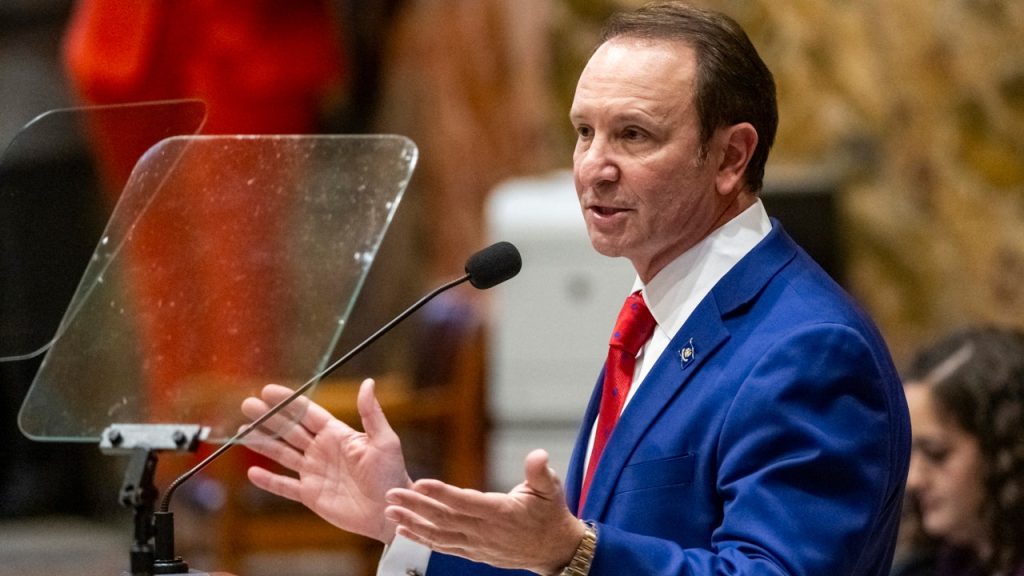Louisiana Governor Jeff Landry recently signed a groundbreaking bill that classifies two abortion-inducing drugs, mifepristone and misoprostol, as controlled and dangerous substances. This legislation was signed into law just a day after gaining final legislative passage in the state Senate. The bill was initially aimed at creating the crime of “coerced criminal abortion by means of fraud,” but an amendment was added to include the abortion drugs in the Schedule IV classification of Louisiana’s Uniform Controlled Dangerous Substances Law.
Opponents of the bill, including many physicians, argued that the drugs have other critical reproductive health care uses and that changing their classification could make it more difficult to prescribe them for those purposes. Supporters of the bill, on the other hand, argued that it would protect expectant mothers from coerced abortions, although they only provided one example of such a case occurring in Texas. The bill passed amidst ongoing efforts by abortion opponents to restrict access to mifepristone, with a final decision from the U.S. Supreme Court still pending.
The new law is set to take effect on October 1 and will require doctors to have a specific license to prescribe the abortion-inducing drugs. It will also mandate that the drugs be stored in certain designated facilities, which could potentially be located far from rural clinics. Knowingly possessing the drugs without a valid prescription will carry significant penalties, including fines and jail time. However, there are provisions in the bill that seem to allow for pregnant women to obtain the drugs without a prescription for their own use.
In addition to their role in inducing abortions, mifepristone and misoprostol have other common medical uses such as treating miscarriages, inducing labor, and stopping hemorrhaging. Over 200 doctors in Louisiana signed a letter expressing concerns that the new law could create barriers to prescribing appropriate treatments and cause confusion and fear among patients and physicians. They warned that any delays in obtaining these drugs could lead to worsened outcomes, particularly in a state with one of the highest maternal mortality rates in the country.
The bill was mainly driven by Senator Thomas Pressly, a Republican from Shreveport, who was inspired by a personal experience involving his sister in Texas. In 2022, Pressly’s sister, Catherine Herring, was given seven misoprostol pills by her husband in an attempt to induce an abortion without her knowledge or consent. This incident prompted Pressly to take action to prevent similar situations from occurring and to protect pregnant women from being coerced into abortions. The legislation could have far-reaching implications for reproductive health care access and abortion laws in Louisiana, and it has sparked debate and controversy among legislators, healthcare professionals, and advocates on both sides of the abortion issue.


